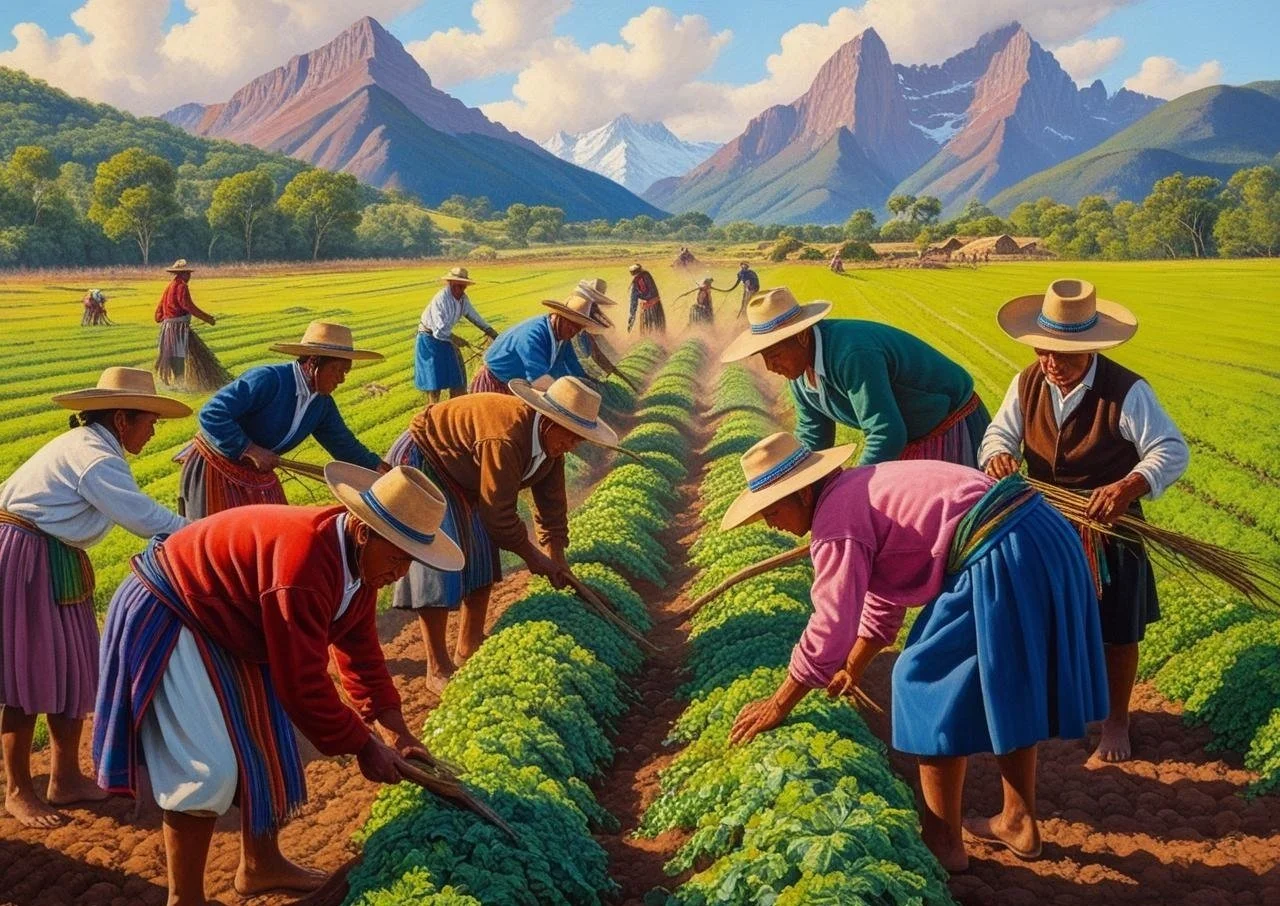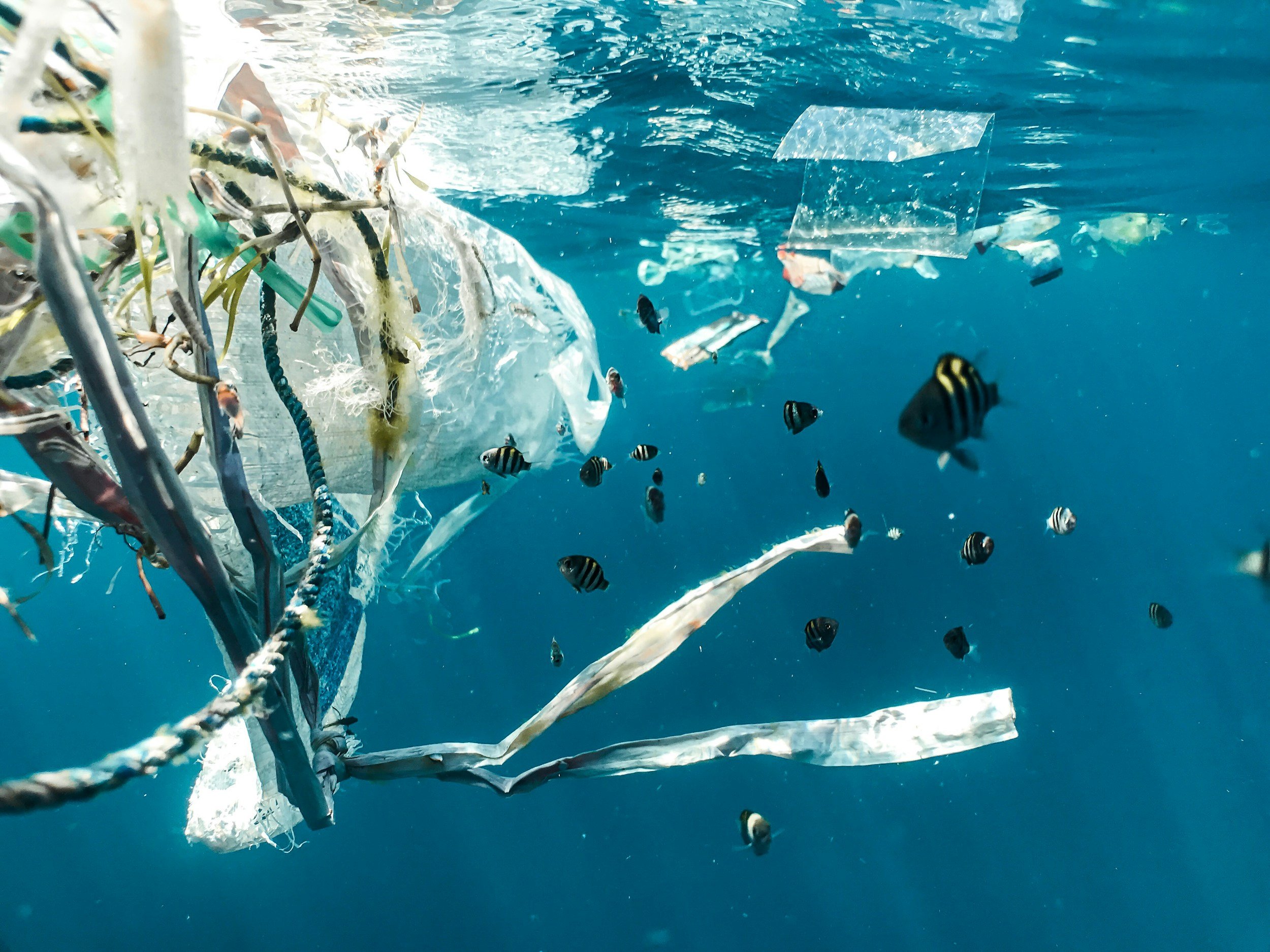Resilient By Design
Resilient by Design is a journal of exploration into the inherent resilience of the world around us—how systems naturally adapt, regenerate, and thrive by design. It invites you to uncover these awe-inspiring patterns of existence and rewrite our personal and collective narratives with wisdom, strength, and intention.
Articles by Pillar
Everything is connected.
Everything is connected.
Traditional Spice Blends and Local Ecosystems: A Symphony of Flavor, Culture, and Biodiversity
Spices are more than ingredients; they are the storytellers of ecosystems and the essence of culinary identity. Across the world, traditional spice blends embody the relationship between people and the land, drawing on the biodiversity of local ecosystems to create flavors as complex as the histories that shaped them.
Preserving Heritage Through Fermentation: A Timeless Art of Flavor, Culture, and Sustainability
Fermentation is an alchemy as old as civilization itself. Born out of necessity—preserving food for leaner times—this ancient process transformed not only ingredients but entire cultures.
Stone Grinding Traditions of Oaxaca: An Ancient Art that Nourishes the Soul
This practice, steeped in tradition and cultural significance, is far more than a culinary technique. It is a connection to ancestry, a celebration of ingenuity, and a testament to the deep relationship between food and identity.
Milpa: The Harmony in Diversity—Lessons from an Ancient Mesoamerican Farming System
In the heart of Mesoamerica, long before industrial agriculture transformed global food systems, Indigenous farmers cultivated the land using a method that remains one of the most sophisticated examples of sustainable farming: the milpa system.
The Potlatch Ceremony: A Tradition of Generosity and Community in the Pacific Northwest
Among the Indigenous coastal tribes of the Pacific Northwest, the potlatch ceremony embodies a profound cultural philosophy: true wealth lies in the act of giving.
The Philosophy of Mottainai: A Timeless Lesson in Waste Mindfulness
In a world increasingly defined by excess and disposability, the Japanese philosophy of mottainai offers a powerful counter-narrative. At its heart, mottainai is a deeply ingrained sense of gratitude and respect for resources—a reminder that nothing should be wasted.
The Green Burial Practices of the Toraja People: Honoring Life Through the Cycle of Death
To the Toraja, death is not the end; it is a transition. Through their rituals and burial customs, they return their loved ones to the earth in ways that embrace natural processes of regeneration.
The Andean Ayni: A Tradition of Reciprocity and Harmony
In the rugged landscapes of the Andes, where survival depends on resilience and collaboration, the Quechua concept of ayni has flourished for centuries. Rooted in a profound understanding of reciprocity, ayni embodies the principle of mutual exchange: “Today for you, tomorrow for me.”
First Nations of North America: Stories of Balance and Respect for Nature
The First Nations of North America have long understood the delicate balance between humans and the natural world. For thousands of years, they lived in harmony with their environments, guided by a deep respect for the interconnectedness of life.
The Dreamtime Stories of Aboriginal Australians: Wisdom from the World’s Oldest Living Culture
Aboriginal Australians have passed down Dreamtime stories for tens of thousands of years, preserving a worldview that sees the land, the people, and the cosmos as parts of a sacred, interconnected whole.
The San Bushmen of Southern Africa: Wisdom in the Stories of the Earth
The San Bushmen of Southern Africa, one of the world’s oldest continuous cultures, are often called the “first storytellers.” For tens of thousands of years, they have lived in harmony with the harsh, arid landscapes of the Kalahari Desert, thriving through an unparalleled understanding of the environment.
The Cycles of the Cosmos: Rhythms That Sustain Life
The universe is a symphony of cycles. Stars are born in cosmic nurseries, burn brightly for billions of years, and then explode in magnificent supernovae, scattering the elements that create new stars and planets.
What the Past Teaches Us About Balance: Timeless Lessons for Modern Lives
In today’s fast-paced world, balance can feel elusive. Our lives are often marked by extremes—relentless schedules, information overload, and an insatiable drive for progress that leaves little room for reflection. Yet, history tells us that balance is not a novel pursuit; it has been a cornerstone of human survival and flourishing for millennia. From ancient philosophies to ingenious innovations, our ancestors offer profound lessons on how to live in harmony with ourselves, each other, and the world around us.
The Ripple Effect of Reforestation: Healing the Planet, One Tree at a Time
In the heart of Ethiopia, where the soil once crumbled into dust and rivers dried to trickles, a single farmer planted a tree. Then another. Slowly, others joined in, and within a few years, an entire hillside transformed into a thriving forest. Streams began to flow again, crops grew stronger, and wildlife returned.
Protecting Water Resources: Steps for a Sustainable Future
Water is life. From drinking water to agriculture, industry, and ecosystems, clean water sustains every aspect of human and natural life. Yet, water resources are under increasing pressure from pollution, overuse, and climate change. Over two billion people lack access to safe drinking water, and countless ecosystems are at risk due to degraded water systems.
Combat Plastic Pollution: Simple Actions for a Cleaner Future
Every minute, the equivalent of a garbage truck’s worth of plastic is dumped into the ocean. From the mountains to the deep sea, plastic pollution has infiltrated every corner of the planet. This crisis isn’t just about unsightly litter—it’s choking marine life, disrupting ecosystems, and even entering our food chain.
How to Reduce Your Carbon Footprint
The term carbon footprint refers to the total amount of greenhouse gases, primarily carbon dioxide (CO₂), emitted by your daily activities. From the energy we use to the food we eat, our choices directly affect the planet. Reducing your carbon footprint isn’t just about combating climate change—it’s about creating a healthier, more sustainable future for all.
How to Support Biodiversity: Immediate Actions for a Healthier Planet
Imagine a world without the hum of bees, the flutter of butterflies, or the song of birds at dawn. These seemingly small creatures play an outsized role in sustaining life on Earth.
Plastic Pollution: Turning the Tide on an Ocean Crisis
Every year, over 8 million tons of plastic enter our oceans, polluting ecosystems and endangering countless species. From microscopic plankton to whales the size of buses, no creature is immune to this human-made crisis.
Adaptation and Resilience: How Nature Rebuilds and Evolves
Nature is the ultimate model of resilience. From coral reefs rebuilding after bleaching events to trees flourishing in arid climates, ecosystems show us that survival isn’t about avoiding challenges—it’s about adapting to them.


























